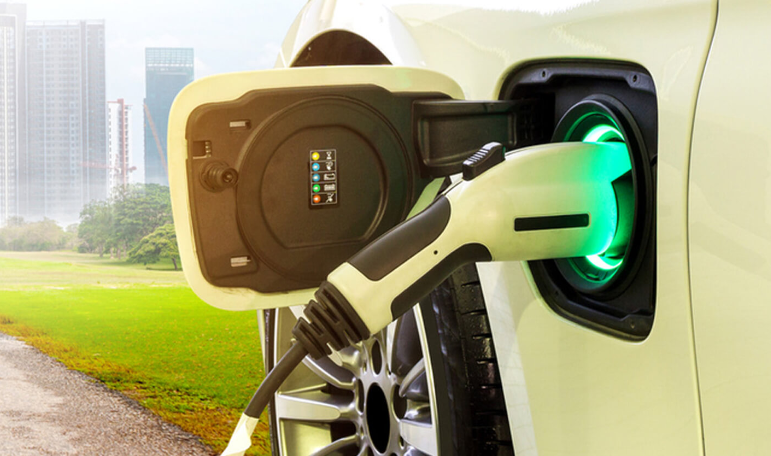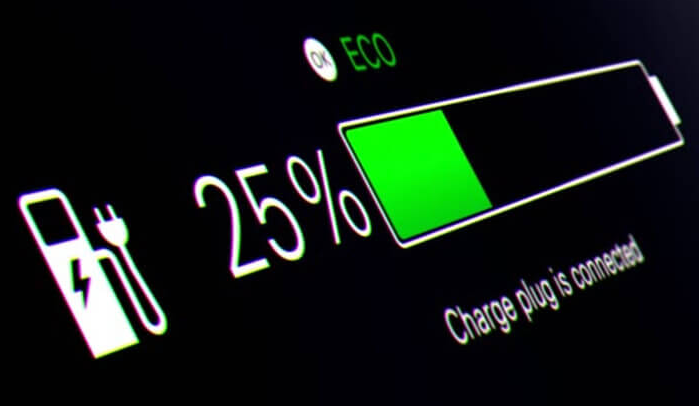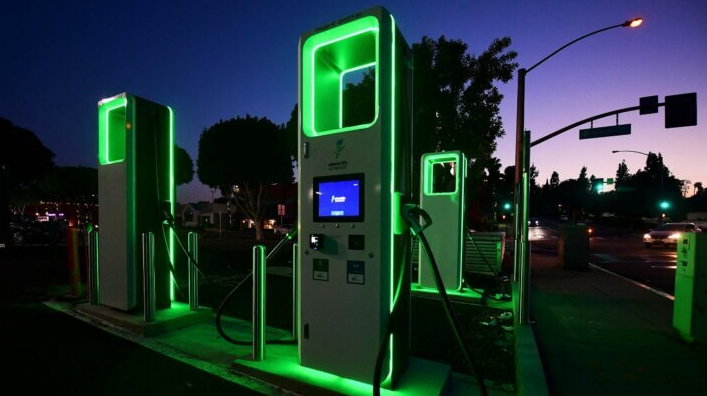
Considering leasing an electric vehicle (EV) and concerned about battery degradation? Here’s why you shouldn’t be.
First, most car manufacturers provide warranties that cover at least eight years or 100,000 miles for battery life, ensuring your EV maintains high performance throughout your lease period.
Second, as a lessee, any serious battery degradation is not your issue; it’s covered under warranty.
Understanding Battery Degradation

Battery degradation refers to the gradual loss of a battery’s ability to hold a charge over time, influenced by factors such as temperature, age, and usage frequency.
You may have encountered this with the battery in your old petrol or diesel car. After several years, especially in cold weather, it may struggle to start the engine and eventually fail to hold enough charge.
However, EV batteries are different. They act as the ‘engine’ and, due to advancements in technology and their larger size, they are designed to retain their charging capacity much longer than traditional car batteries—some estimates suggest up to 20 years.
This means even if your EV’s battery starts to degrade after eight years (which is unlikely), it will still hold a charge, though with a slightly reduced range. Since your lease period is typically less than four years, battery degradation shouldn’t concern you. It’s more relevant for the used car market, which is one reason leasing a new EV is advantageous.
Causes of Battery Degradation

The primary factors affecting battery degradation are age and the number of charge cycles the battery cells have undergone.
To maintain battery health, it’s recommended to keep your EV’s battery charge level between 20%-80% unless you need a full charge for a long trip. Constantly charging to 100% can impact battery life, so if home charging, use the car’s app to stop at 80% if you don’t need the full range.
Frequent use of DC fast chargers can also affect battery life, but sophisticated software in EVs prevents overcharging. This is why the last 20% of charging at a public charge point takes longer and why it’s best to stop at 80%.
Therefore, when leasing an EV, battery degradation shouldn’t be a concern. Your car will perform optimally throughout your lease term.
Maintenance Coverage for Peace of Mind
While the EV battery will be fine, what about other running costs? You can avoid unexpected expenses, like new tires, by including a maintenance contract with your lease agreement.
For instance, if you get a puncture, the maintenance agreement covers it. EV tires have specialized construction to handle the additional weight of the battery, so it’s crucial to replace them with the same type to maintain the vehicle’s quietness and efficiency.
The maintenance contract will cover new tires and their fitting, as well as servicing requirements. This means apart from the monthly rental and electricity costs, you’ll have no additional expenses, allowing you to budget your motoring costs accurately—a significant benefit during a cost-of-living crisis. Enjoy driving your electric car without financial stress.


















